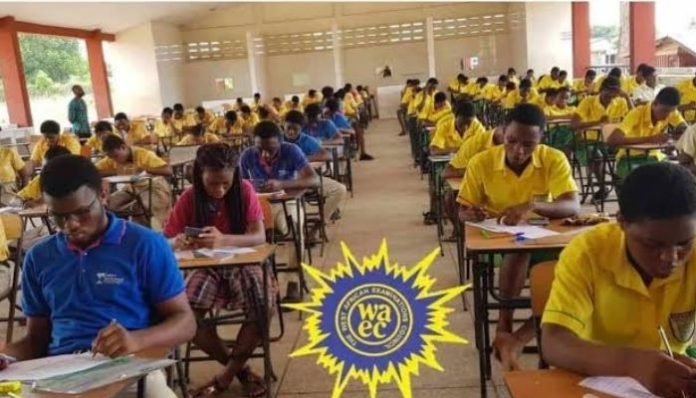The West African Examinations Council (WAEC) has again come under heavy criticism for its abrupt revision of the 2025 West African Senior School Certificate Examination (WASSCE) results.
Critics say the back-and-forth is “a national disaster” that risks damaging the credibility of Nigeria’s academic qualifications at home and abroad.
WASSCE, a key requirement for admission into tertiary institutions, is seen as too important for what some stakeholders describe as “trial and error.” They want an independent investigation and a shake-up of WAEC’s management.
When WAEC first released the results on July 4, it said only 38.32% of 1,969,313 candidates scored five credits, including English Language and Mathematics. The mass failure drew outrage from parents, teachers, and civil society groups, with calls for some papers to be cancelled.
Weeks later, WAEC suspended access to the results, citing “technical glitches.” On August 10, it reopened the portal — and the pass rate had jumped to 62.96%, almost double the earlier figure.
Stakeholders Question Credibility
WAEC said the change was due to “serialisation issues” affecting Mathematics, English, Biology, and Economics. But critics are unconvinced.
Ike Onyechere, founder of Exam Ethics Marshall International, accused the council of “bastardising the entire education process.”
“You cannot make such a serious examination a subject of trial and error. Today, the pass rate is 38 percent; tomorrow, it becomes 63 percent. How are we supposed to trust these results?” he asked.
He asked the Federal Ministry of Education, the Presidency, and the National Assembly to step in. “If it is happening only in Nigeria, then the Ministry has to tell the country what exactly is going on,” he added.
Some parents are calling for an independent probe to determine whether candidates were unfairly failed or passed in either set of results. “The whole WAEC results is confusing. Does it mean those results earlier released just changed now or what?” asked Mrs Ifeoluwa Atteh.
Impact on Students and Education Standards
Teachers have also weighed in. Oluwaseun Omotubora said the initial mass failure reflected poor exam conditions. “Some students wrote exams at midnight using torchlight. A responsible exam body should have recalled answer sheets and reviewed them,” she said.
Parents like Nathaniel Adamu link the crisis to chronic underfunding. He warned that without adequate budgets for education, credible examinations will remain a challenge.
Many students have seen their grades in English or Mathematics jump from failing marks to credits. Chisom Jonah, a candidate from Abuja, said her English improved from D7 to C6. “I can now pursue my university admission,” she said.
Favour Akindele’s Mathematics rose from D7 to C4. She is happy, but warned: “Such inconsistency can create a credibility problem for WAEC.”
Rate, Like 👍, Comment💬, share this article, Follow us on our social media handles, and Submit your own story to get featured and earn rewards!








